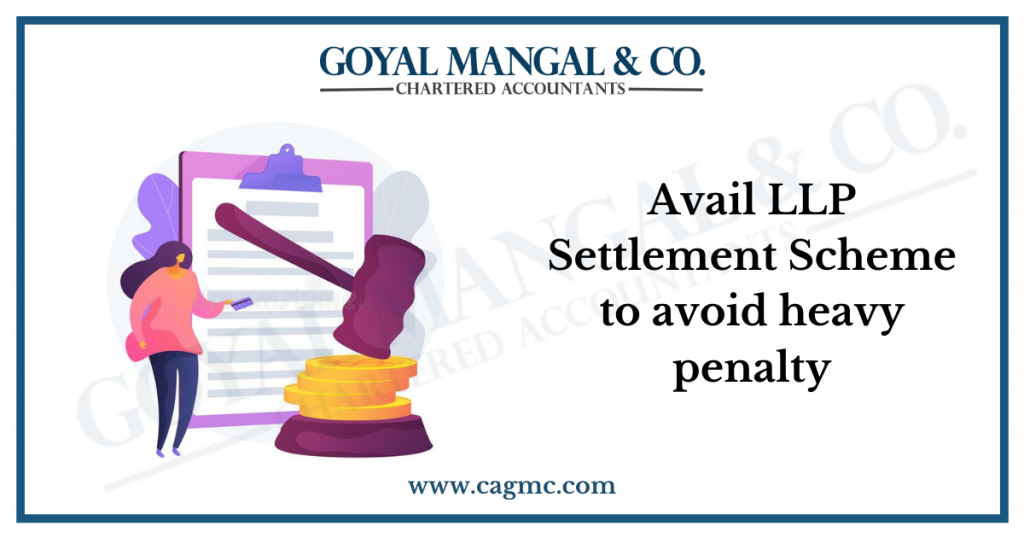Have you ever wondered what a company does with its accumulated earnings or when its shares price goes up? Often it issues bonus shares to its existing shareholders based on the shares owned by them. Such shares are additional shares that a company provides to its current shareholders without any additional cost. These are the company’s accumulated earnings that are not given out in the form of dividends but are converted into free or bonus shares. For instance, if a shareholder owns 200 shares of a company that declares a bonus of 4:1, then for every one share, he will get four bonus shares that turn out to be 800 free shares. Thus, his total shares will rise to 1000 shares. This write-up will act as a complete guide to the issue of Bonus Shares.
| Table of content |
Overview of Issuance of Bonus Shares
Issuance of Bonus shares are corporate action taken by the companies. The fully paid-up shares are issued by the company to its existing or current shareholders free of cost to capitalize a portion of company’s retained earnings. These shares are issued in proportion to the shares already own by the shareholders.
Shareholders expect a high and fixed return on their investment and companies can do the same either by declaring dividend or by issuing bonus shares. When a company is unable to pay dividend to its shareholders despite of having profits, the company issues bonus shares to its existing shareholders which increase the equity base of the company. This will reduce the price of shares which leads a prospective investor to invest in such companies.
Issue of bonus shares is known as bonus share issue. It is also known as Scrip issue and Capitalization issue. These shares are issued free of cost, hence does not involve any cash flow also it does not affect the net assets of the company.
Advantages of issuing Bonus shares
There are various advantages of issuing Bonus shares such as:
- With the issuance of Bonus shares, the share value of the company gets reduced and which lead to an attractive option for the investor to invest.
- On receiving bonus shares investors are not required to pay any tax on such shares.
- The investor shall receive higher dividend at the time when company declares dividend as due to issuance of Bonus shares the investor holds larger number of shares.
- If Bonus shares are issued, it creates a positive image in the minds of investor that Company is dedicated to long term growth.
- Bonus shares also increases the liquidity of the shares.
- Issuance of Bonus shares helps in the capitalization of shares.
- Company can also maintain cash balance by issuing Bonus shares in place of dividend.
- The belief of investor has increased in the operations of company as cash has been used by the company for future growth rather paying dividend.
- By issuing Bonus shares, the participation of small investors increases.
- It also increases the perception regarding Company’s size.
- If Bonus shares are issued, company shall have more floating shares in the market.
Types and sources of Bonus Shares
There are two types of Bonus Shares that can be issued using different sources, let’s take a look at them:
- Fully Paid Bonus Share– When the company distributes its bonus shares free of cost in proportion to the holding of Shareholders, it is known as Fully Paid Bonus Shares. Such shares can be issued from these sources:
- Capital Redemption Reserve;
- Security Premium** (realised in cash);
- Capital Reserve* (realised in cash);
- Profit & Loss Account;
- General Reserve;
- Investment Allowance Reserve;
- Sinking Fund for Redemption of Debentures (post redemption);
- Development Rebate Reserve.
Note- *Capital Reserve and *Security Premium not realised in cash cannot be used for issuing the Bonus Shares.
- Partly Paid Bonus Shares: When the bonus is applied to convert partly paid shares into fully paid shares, it is called Partly Paid-up Bonus Shares. These are the sources of issuing these shares:
- Capital Reserve* (realised in cash);
- General Reserve;
- Investment Allowance Reserve;
- Development Rebate Reserve;
- Sinking Fund for Redemption of Debentures (post redemption).
Note: Capital redemption account and security premium cannot be used to issue Partly Paid Bonus Shares. It is legally permissible to first utilize capital reserve over revenue reserve, in case there is a choice between the two.
Pre-Conditions for issue of Bonus share
There are certain conditions which needs to be complied before issuing Bonus shares are as follows:
- The Articles of Association must authorize the issuance of Bonus shares and if not, then such articles need to be altered in pursuance of Section 14 of the Companies Act, 2013.
- Sufficient authorized capital is required for issuance of Bonus shares. If not sufficient, then Memorandum of association need to be altered in accordance with Section 13 and Section 61(1)(a) of Companies Act, 2013.
- There must not be any default in payment of statutory dues to the employees and in payment of Interest or Principal of fixed deposit on the part of employees.
- The shares of the company shall be fully paid-up and it can be issued only out of its Free Reserves, Securities Premium Account and Capital Redemption Reserve Account.

Procedure for issue of Bonus Shares
The following steps to be complied by the company for the issuance of Bonus shares:
- Notice of Board Meeting: As per Section 173 of the Companies Act, 2013, notice of the Board meeting shall be given at least 7 days before the meeting. The foremost step for issuing Bonus shares is to call a Board meeting.
- Hold Board meeting
The company then hold a Board meeting to:
- Consider and recommend issue of Bonus shares
- Decide the ratio of Bonus shares
- Fix day, date, time and venue for convening General Meeting
- File Form MGT-14:
Form MGT-14 shall be filed within 30 days of passing Board resolution.
- Notice of General meeting
Notice of General meeting for approving the bonus shares shall be given to all the shareholders, directors, auditors, etc. at least 21 days before the meeting.
- Convene General Meeting
By convening General Meeting, the issue of Bonus shares is authorized by passing Ordinary Resolution.
- Conduct Board Meeting and file PAS-3
Board meeting shall be convened for passing resolution for allotment of shares and file Form PAS-3 within 15 days of same.
- Issue of share certificates
If shares are held in physical form, then share certificate shall be issued within 2 months of allotment and if held in Demat form then Depository shall be informed.
Conclusion
The Bonus issue brings an additional chance for shareholders to maximize their wealth. These shares are supplementary shares issued to the existing shareholders at free of cost. Distribution of Bonus shares have certain disadvantage but its benefits overcome such drawback.


